THE BERTHA CHALLENGE
Fellowships for Activists & Investigative Journalists
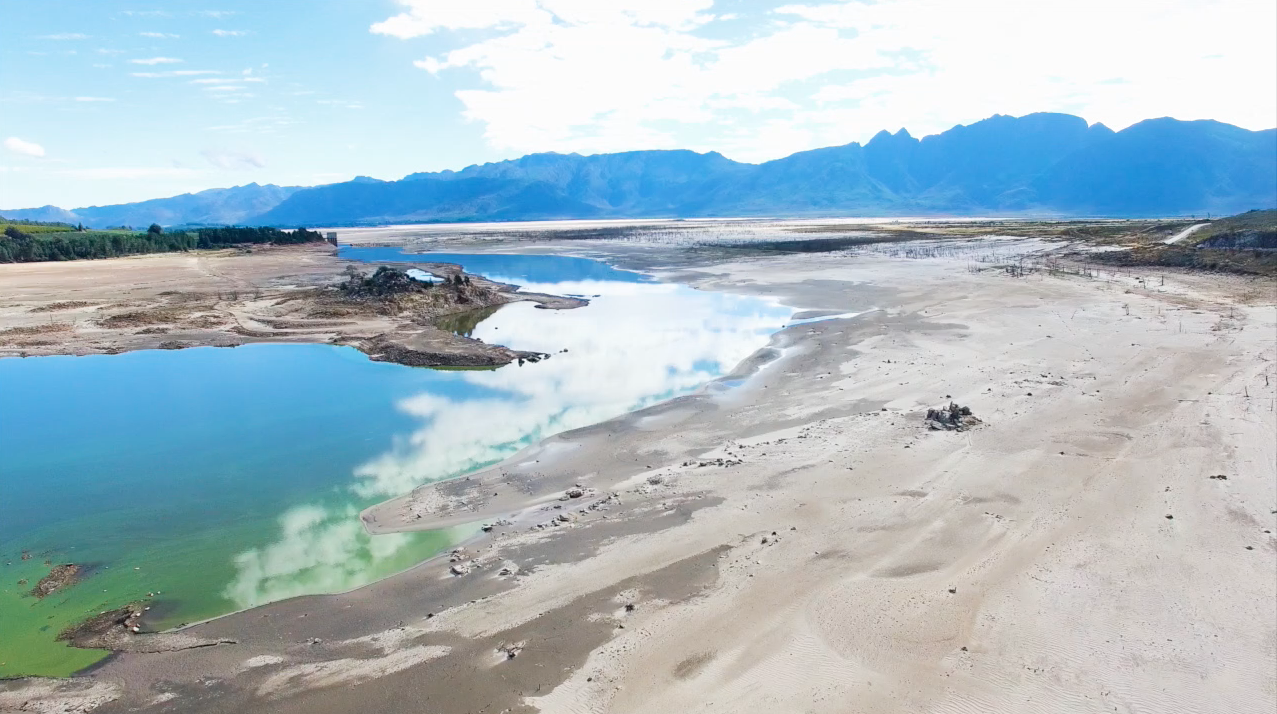
Applications Now Closed
Bertha Foundation is excited to announce the launch of the second Bertha Challenge: an opportunity for activists and investigative journalists to spend a year deep-diving into one pressing social justice challenge. Successful applicants will receive non-residential paid fellowships and project budgets to work independently and together to:
INVESTIGATE the causes of and solutions to the annual Bertha Challenge
AMPLIFY their findings to a wider targeted audience
CONNECT with diverse stakeholders for information, support and sustainable impact
The second Bertha Challenge will begin in July 2020 with a focus on our global climate and ecological crises, specifically supporting Bertha Fellows to answer the following question:
How is the relationship between profit and politics contributing to our interconnected climate and ecological crises and what can activists and investigative journalists do to address this?
Applications open on December 10, 2019 - International Human Rights Day - and close on February 10, 2020. Anyone meeting the selection criteria may apply.
To read more about our current cohort of Bertha Fellows click here.
Why Activists and Investigative Journalists?
The Bertha Challenge recognizes that investigative journalists and activists have distinct roles. This Challenge will offer the opportunity to engage with the complexity of the ecological and climate crises while strengthening relationships through shared work on the issue. In their fellowship year, Bertha Fellows will be expected to explore new ways of working collaboratively and outside their traditional silos while maintaining their integrity and autonomy.
Investigating and amplifying stories that expose injustice is increasingly achieved by work that cuts across organizations and professions. The scale and complexity of large investigative stories are often too intricate for one investigative journalist or activist, or even one newsroom or social justice movement, to handle alone. The Bertha Challenge will provide space for sixteen mid-career leaders in their fields to develop professionally while creating compelling work on the subject matter. It also aims to fuel debate and solidify networks that will last beyond the one-year project cycle.
This second Bertha Challenge takes place against the backdrop of an unprecedented onslaught against science and progressive government public policies. Never before has humanity been so vulnerable to confirmation bias - the tendency to look for and only recognize evidence that confirms what we already believe.
The Bertha Challenge seeks to foreground the climate and ecological crises' daily implications in cities, towns and villages and connect to its global causes. While much work has been done to find local and regional strategies to combat the crises, more effort is needed to bridge work between countries and regions and particularly between the Global North and South.
We recognize that activists and investigative journalists often do their work at great personal and professional risk. Global Witness recently reported that 164 environmental activists - mostly from the Global South - were murdered doing their work last year. The Guardian recently reported that the Committee to Protect Journalists has recorded an unprecedented 13 journalists who were killed while working on environmental stories over the last 10 years. In this regard, we hope to explore ways to build solidarity and create more protections for activists and journalists through the connection and collaborations made during the Bertha Challenge fellowship year.
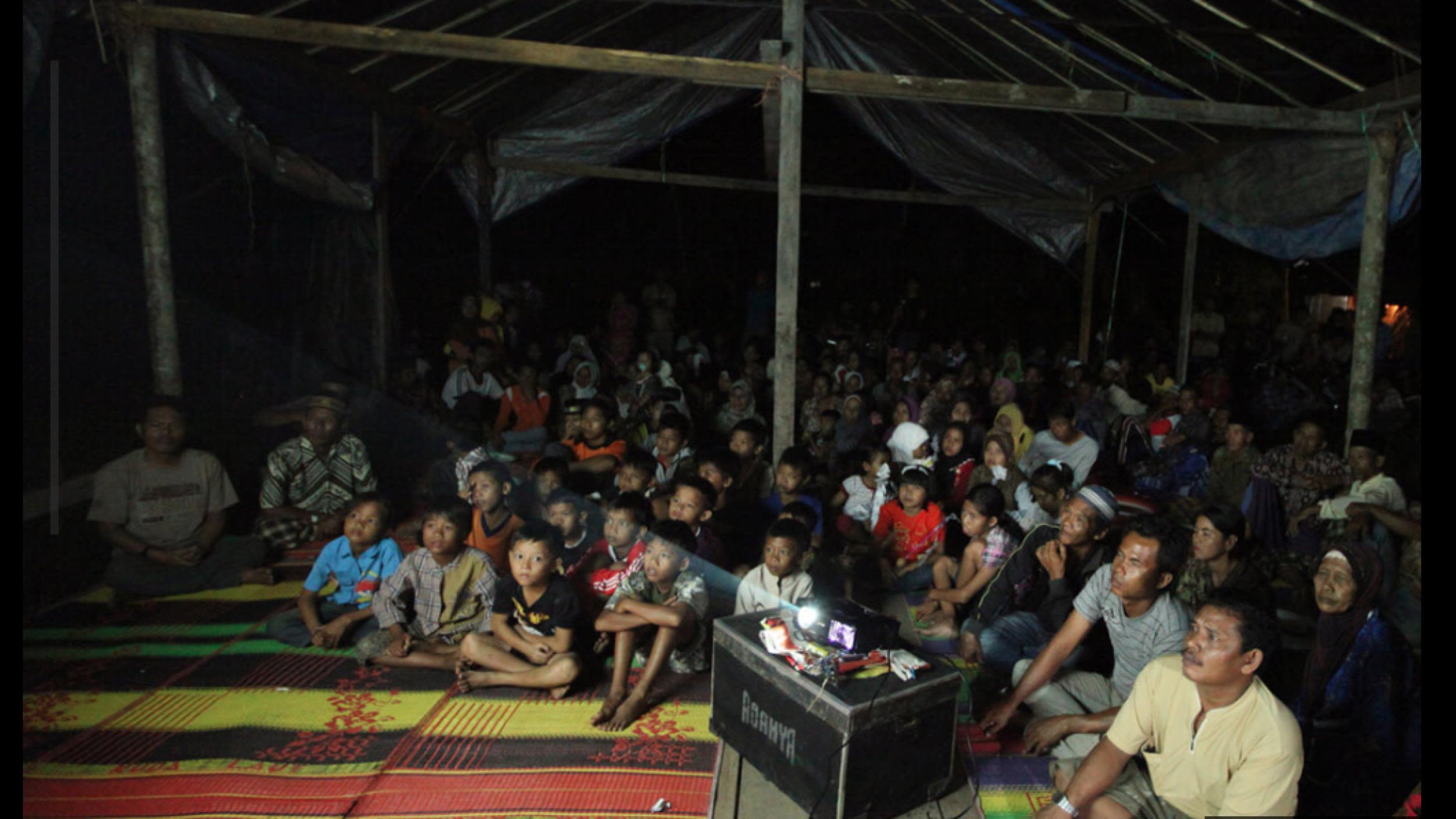
Why not ‘Climate Change'?
Following the cue of groundbreaking leaders such as Greenpeace and Extinction Rebellion, we acknowledge that “climate change” does not adequately describe the crisis facing the planet. The Guardian newspaper publicly announced in May this year that it would drop “climate change” for the terms “climate emergency, crisis, or breakdown". Other media organizations have made similar changes.
We use the term ‘climate and ecological crises’ because our planet faces multiple interrelated environmental threats, most imminently, the heating of our atmosphere by greenhouse gasses. The climate and ecological crises encompass global heating but also other imminent challenges including deforestation, desertification, loss of biodiversity, and the acidification of the ocean. More importantly, though, it implicates human action and inaction in addressing the crises.
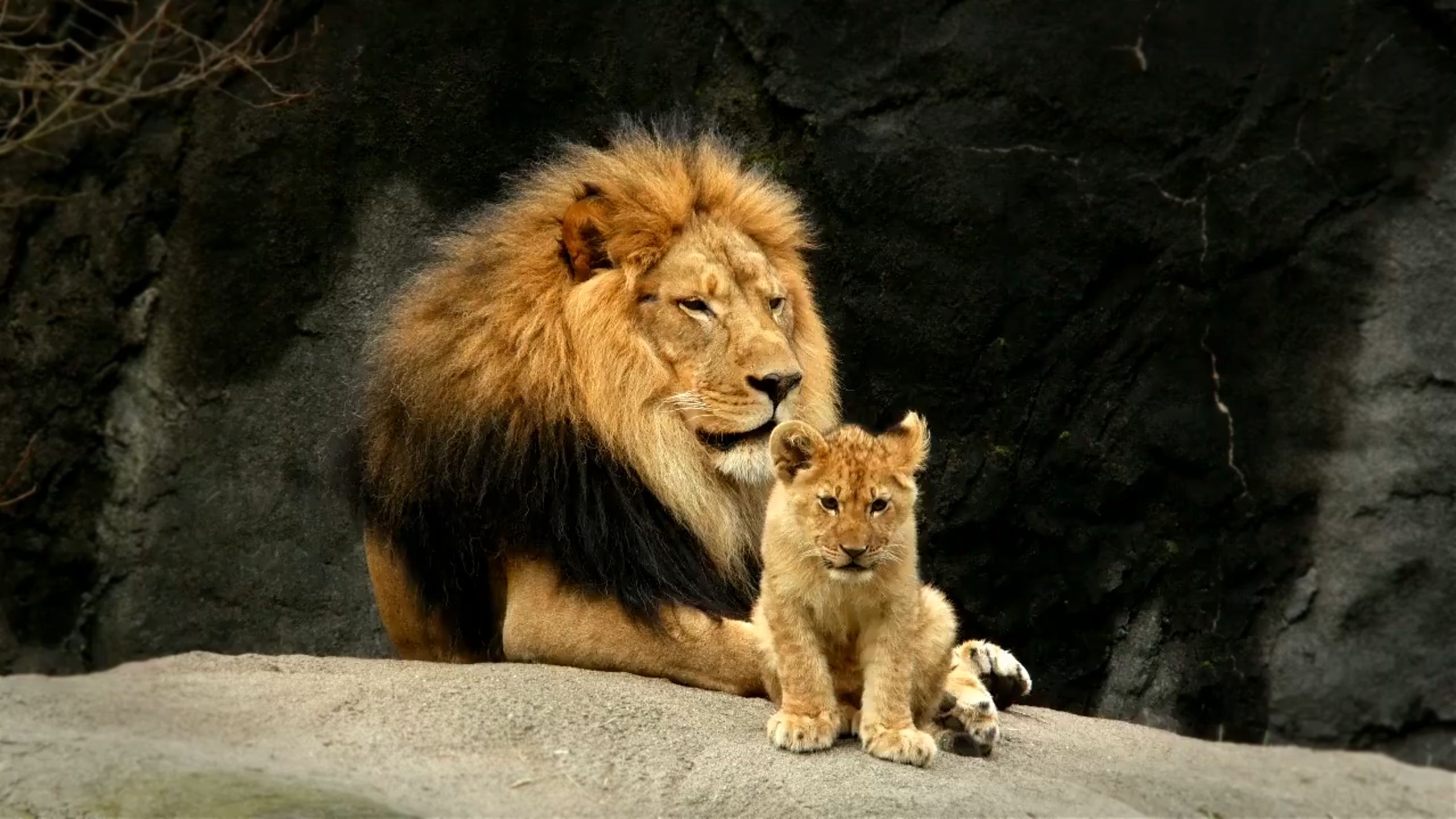
Why we’re Choosing to Focus on the Climate Crisis
The climate crisis and collapse of ecosystems is a global emergency that poses the most imminent existential threat to our planet and all who live on it. We have little time left to prevent a catastrophic climate breakdown and the resultant loss of species. Poorer nations, particularly in the Global South, are already experiencing the political and social fallout of a hotter ocean and rising land temperatures. The massive displacements of people following droughts and accompanying food insecurity are already happening in Southern and East Africa.
The Internal Displacement Monitoring Centre estimates that 17.2 million people across 148 countries and areas were newly displaced due to disasters in 2018. 764 000 people, mainly in East Africa and Afghanistan, were displaced following drought alone.
According to the UN we must act before 2030 to keep the rise in global average temperatures below 1.5 degree celsius to avoid the worst impacts of the climate crisis. Many see this as a generous assessment, but if we fail to do this, much of the damage will be irreversible.
To avoid the 2030 tipping point, we need radical action that exposes a global political and economic system that prioritizes profit over planet, and innovative ideas for what comes next.
The climate and ecological crises is about power and politics unchecked and industries acting with impunity. Corporate power and privilege is at the core of climate breakdown. Government and global bodies can compel the reduction of carbon emissions and promote renewable energy production, but they are failing to do so. The US based Climate Accountability Institute, the world’s leading authority on big oil’s role in the escalating climate emergency, recently revealed that 20 global firms account for a third of all carbon emissions, and just three global asset managers oversee $300 billion in fossil fuel investments.
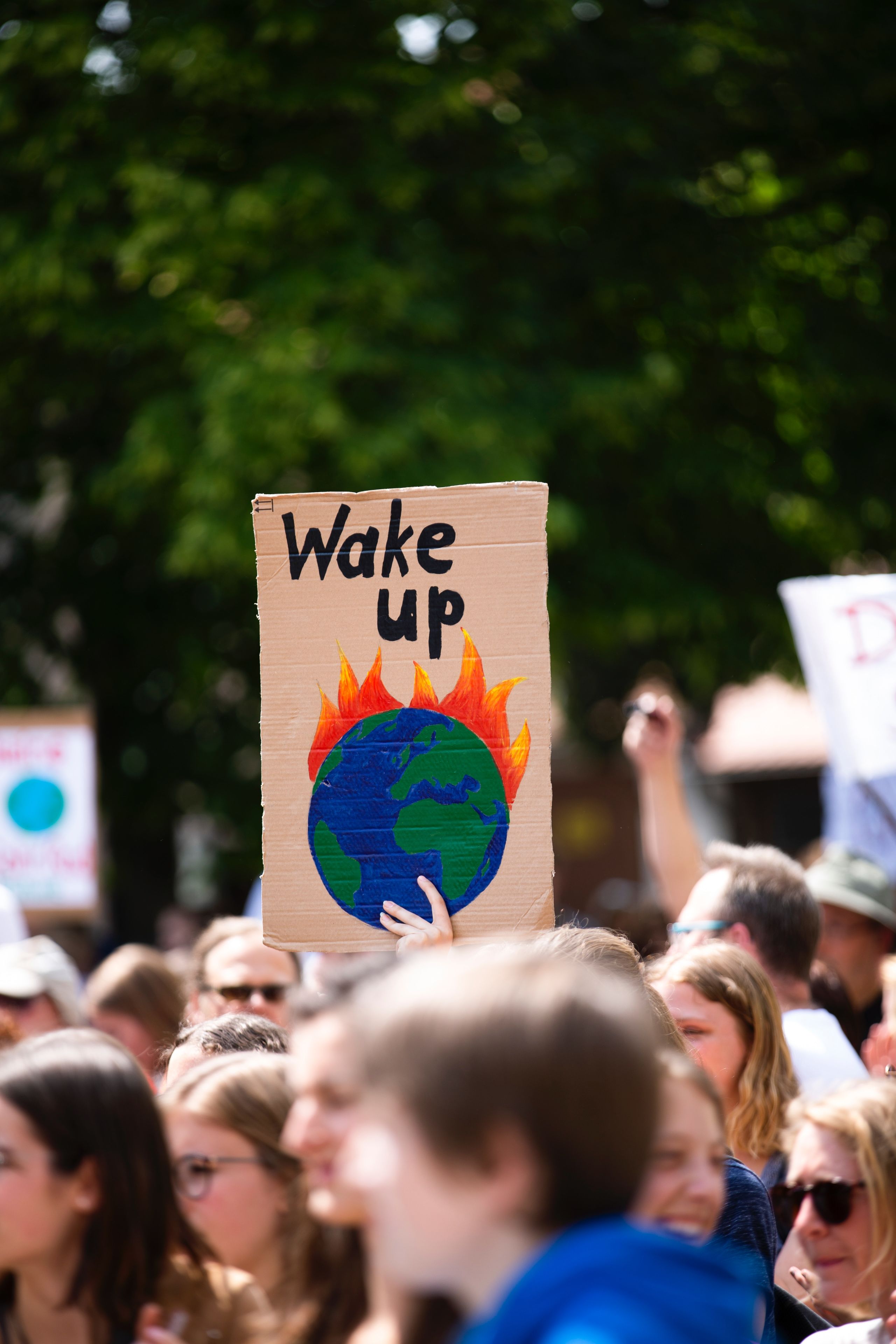
“The tragedy of our times is that the gathering collapse of our life support systems has coincided with the age of public disservice. Just as we need to rise above self-interest and short-termism, governments around the world now represent the meanest and dirtiest of special interests. In the United Kingdom, the US, Brazil, Australia and many other nations, pollutocrats rule...
But in many nations, governments intervene not to protect humanity from the existential threat of fossil fuels, but to protect the fossil fuel industry from the existential threat of public protest.”
- George Monbiot
In acknowledging and responding to the analysis of holding power accountable, civil society action in the past year has provided glimmers of hope. A growing global movement is working to convey the extent of the crisis and advocate for government responses. From the Global South to North, from mega-cities to remote indigenous communities, from forests to factory floors: people everywhere are recognizing that action is needed.
While the challenge is huge, many activists and investigative journalists are reflecting on an array of practical and strategic questions. They are identifying their particular angle on the subject and also grappling with how to amplify their work in order to reach a large audience.
How do we better work together in this context to address local problems while pooling our efforts to tackle global causes? How do we maximize the impact of our work?
How do global movements pressure governments to explore and adopt alternative political and economic models for climate justice? How does activism go beyond marches and journalism go beyond exposés to support a just transition that is inclusive and equitable for less affluent countries in the Global South?
How do we organize amongst and with those most affected by climate and ecological crises as the climate is becoming more and more unpredictable?
What are the most pertinent stories to investigate and amplify and how do we tell them in a way that catalyzes action while having maximum impact?
Calls for a Global Green New Deal have grown louder and more ambitious in their suggestions for overhauling existing multilateral institutions that govern the global economy and making reparations to less developed countries. Is this realistic?
What creative alternatives exist that will compel current power structures towards real change?

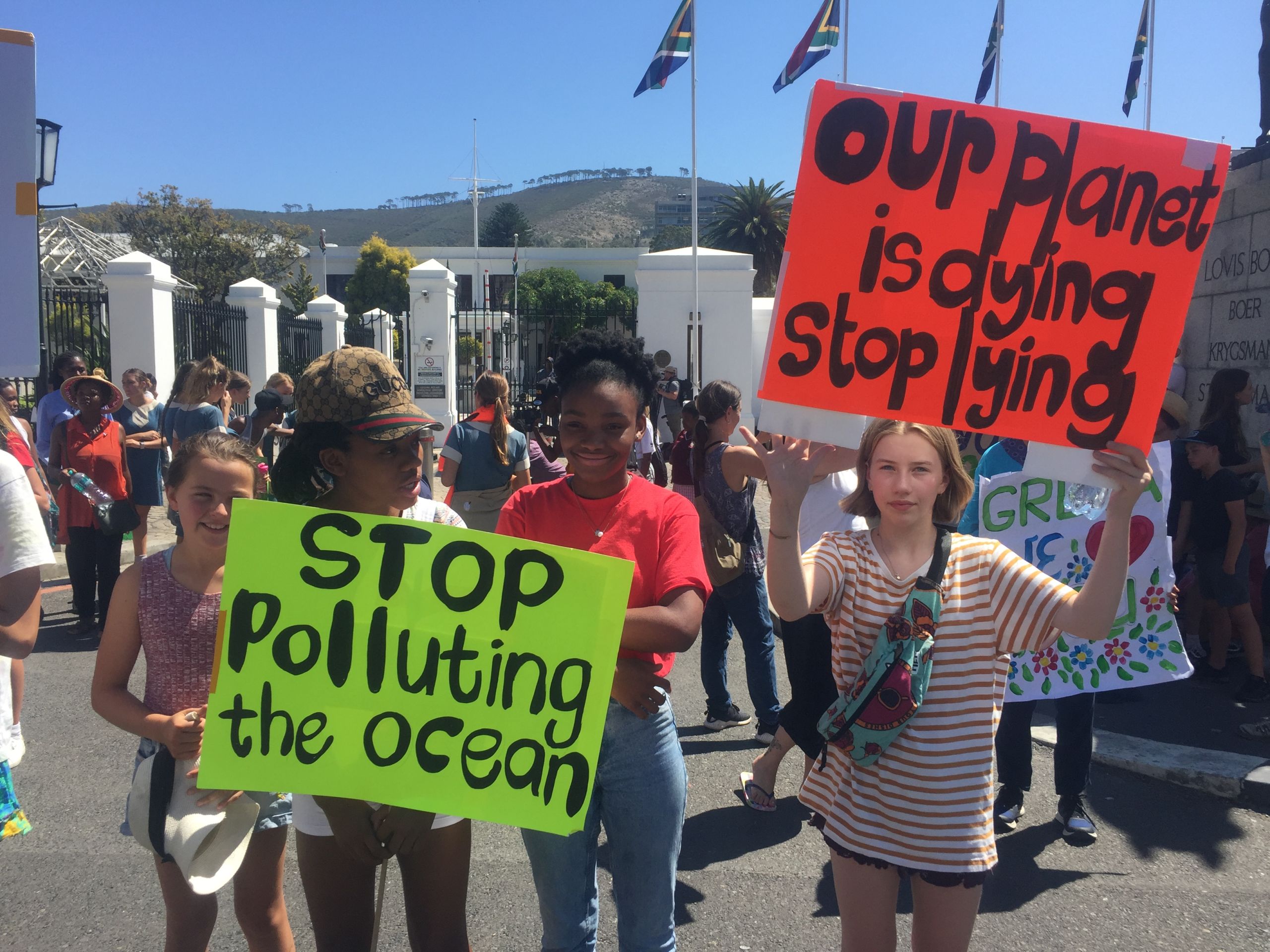
What We Offer
At Bertha we know that many activists and investigative journalists are already doing groundbreaking work to investigate, amplify their work and connect with each other. The Bertha Challenge aims to support this work by providing time to work exclusively on a focused project, the spaces in which to connect with a diverse global cohort of Bertha Fellows and partners, and the resources to develop tangible products speaking directly to the Challenge question.
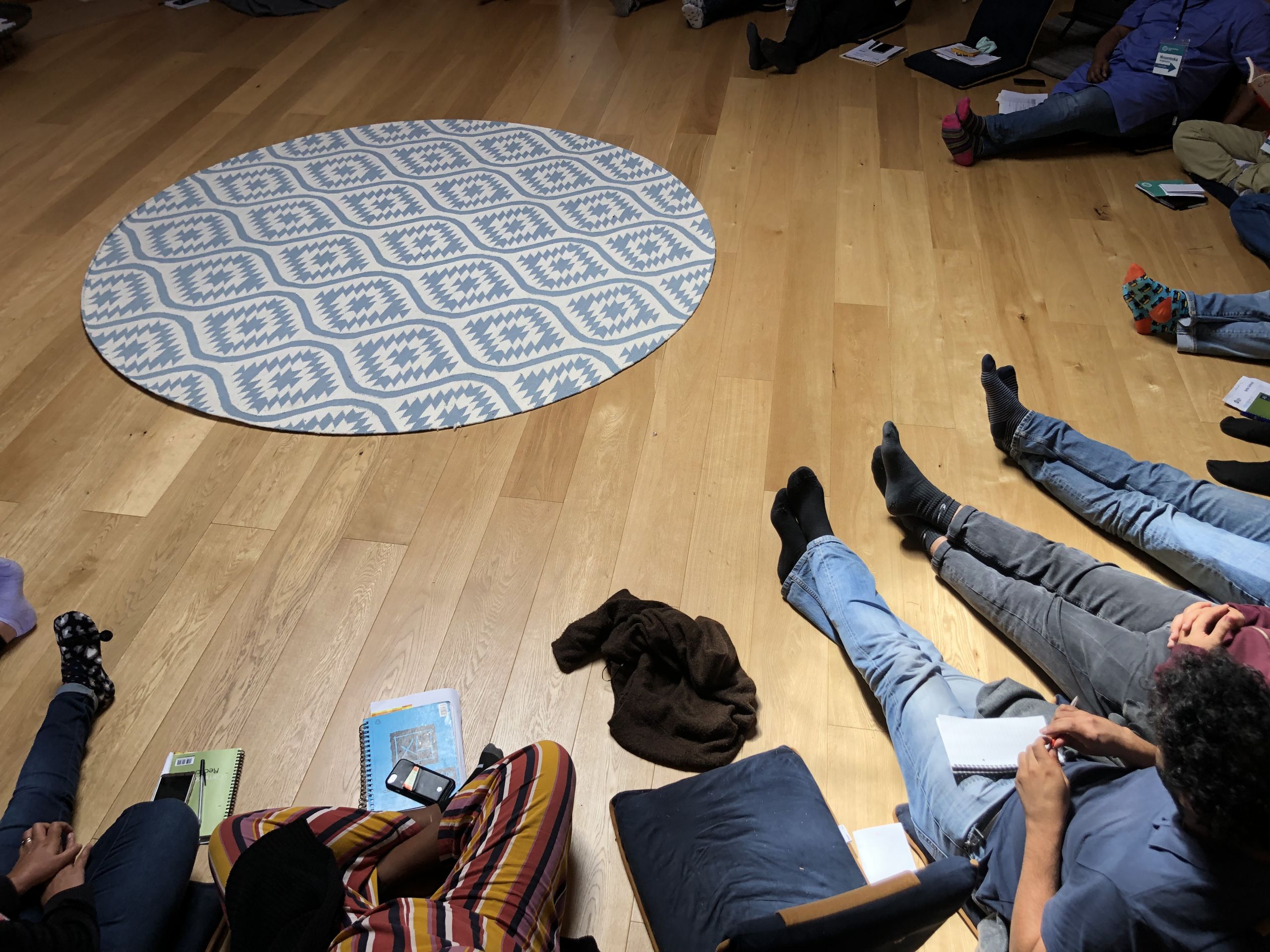
Our fellowships offer:
Income for each Bertha Fellow for one year, not exceeding USD $60,000 and commensurate with the applicant’s current or equivalent salary at the host organization - ideally a media outlet for an investigative journalist and an NGO, community organization or social movement for an activist.
Project funding of up to USD $10,000 for each Bertha Fellow to produce a culminating product that responds to the question posed by the Bertha Challenge. Directed toward a specified target audience, this could be a series of articles, videos, podcasts, games or drama productions, for example. Bertha Fellows working together will have the option to pool their project funding to produce on a larger scale.
A connect fund specifically designed to encourage collaboration between fellows.
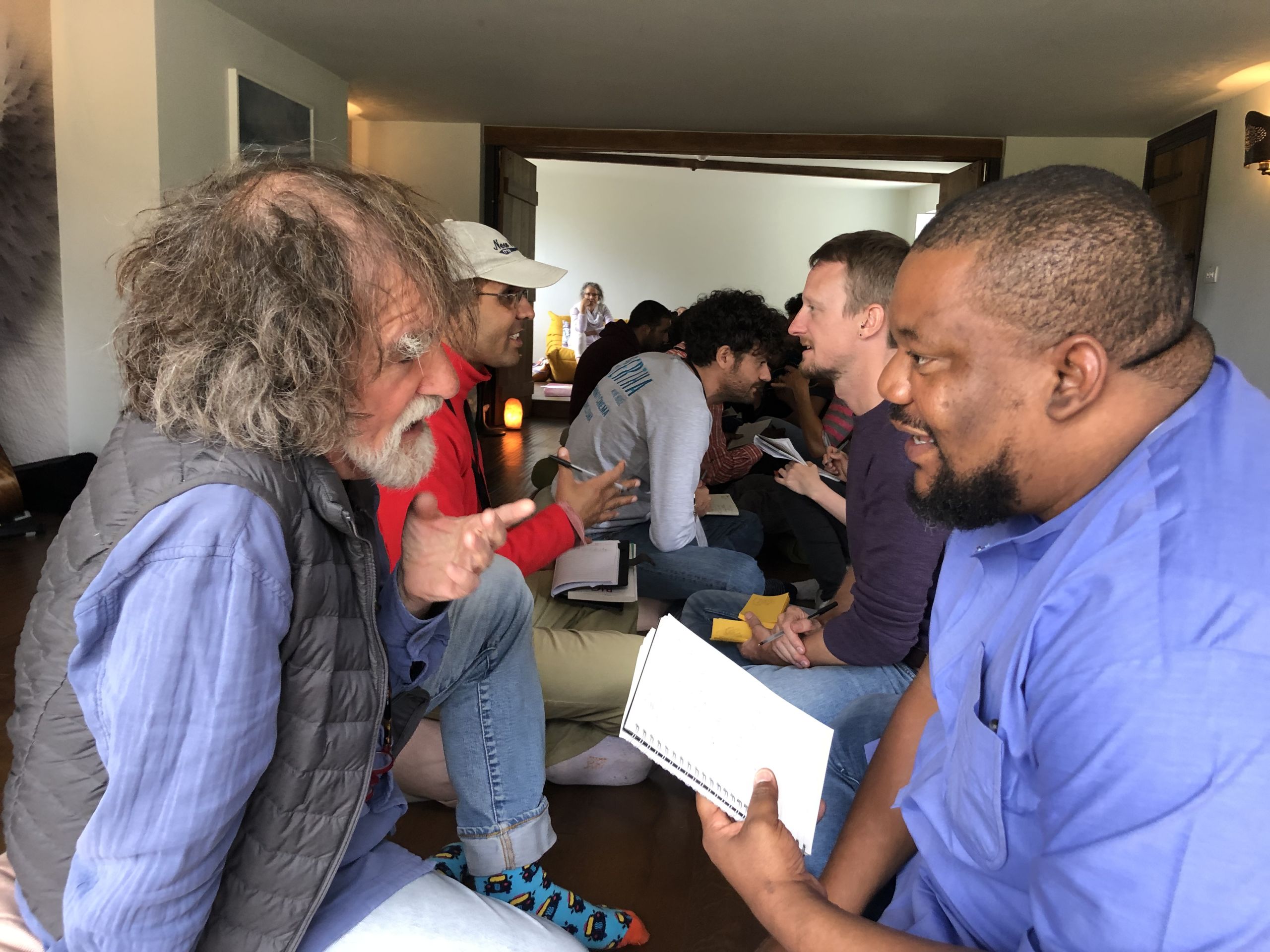
Training through regular webinars, with topics on a range of issues from current debates around the climate crisis and ecological collapse to methods of investigation, methods of communicating findings through news media, storytelling, popular education and more.
Peer and mentor support in the form of regular virtual check-ins with Bertha staff and a cohort of Bertha Fellows. Like many fellowships, the Bertha Challenge aims to provide space for personal development. However, we also believe that work is most impactful when it is done in collaboration with peers conducting similar work on a sustained basis.
Network development through the global cohort of Bertha Fellows and exposure to relevant partners within and beyond the Bertha network, including our legal partners in the Bertha Justice Network, many of whom are at the forefront of creating legal strategies to address the climate crisis. Bertha can also support in strengthening local networks.
Global convenings of Bertha Fellows and selected guests at the start (July 2020) and end (June 2021) of the Bertha Challenge.
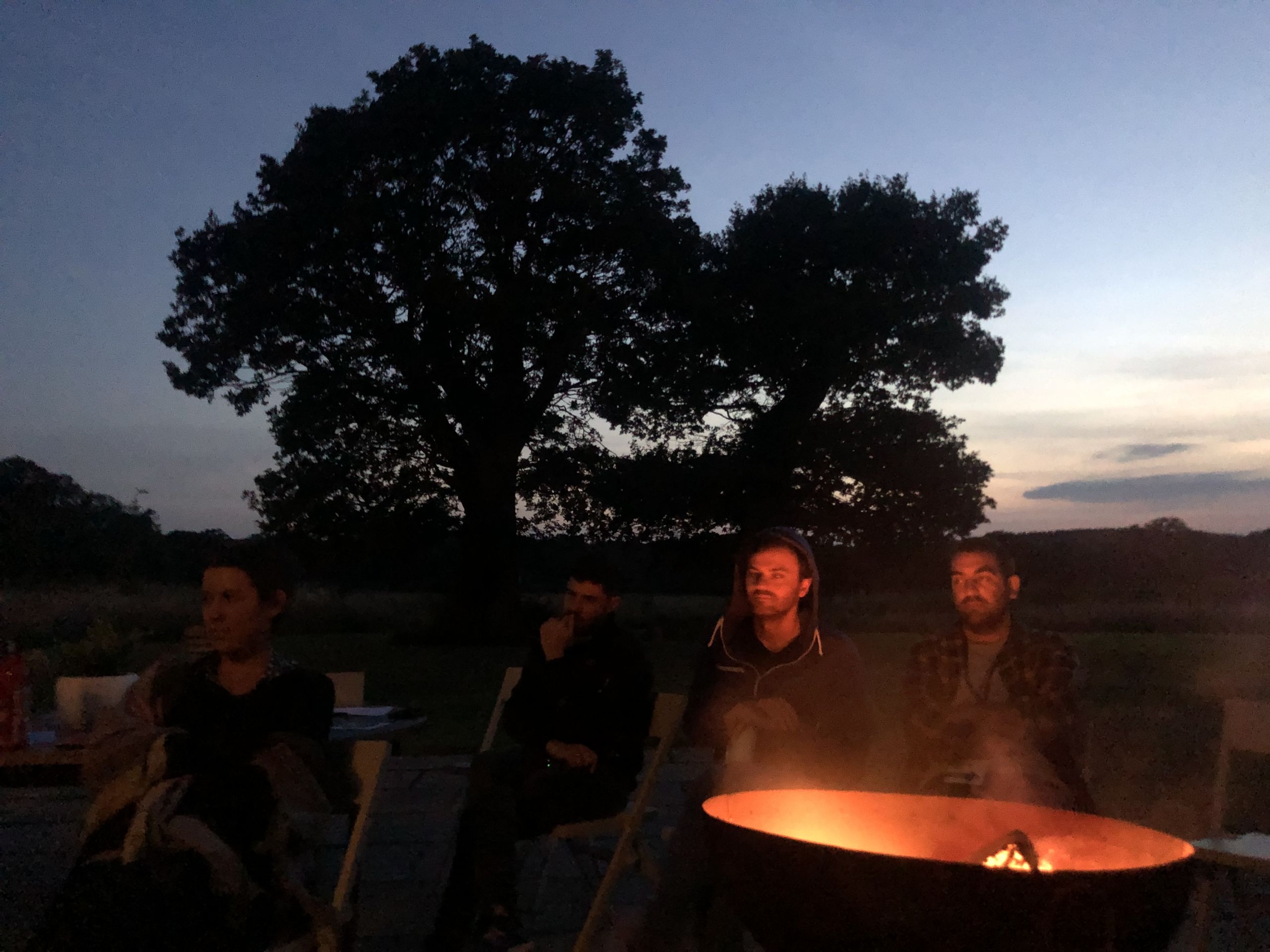
All fellowship applications must include a local host organization willing to act as a financial and oversight host. This could be an organization within which potential applicants already work or another appropriate organization willing to host applicants for the year. Bertha Fellows and host organizations must share a commitment to Bertha Challenge objectives and conditions.
The Bertha Challenge will provide space for leaders in their fields to develop professionally. A further aim is to fuel productive debates and solidify networks that will last beyond the one-year project cycle.



The Bertha Challenge will launch in July 2020 with the Opening Convening at one of Bertha's partnered global retreat spaces, where Bertha Fellows will:
- Meet other Bertha Fellows in the Bertha Challenge 2020/21 cohort, spend dedicated time getting to know one another and get the opportunity to introduce individual work and perspectives
- Find opportunities to refine the design of each fellow’s project work for the year within a supportive framework
- Discuss and frame possibilities for collaboration across the cohort
- Debate current developments on the climate and ecological crises and responses
- Learn from practitioners about innovative ways of reaching your target audience
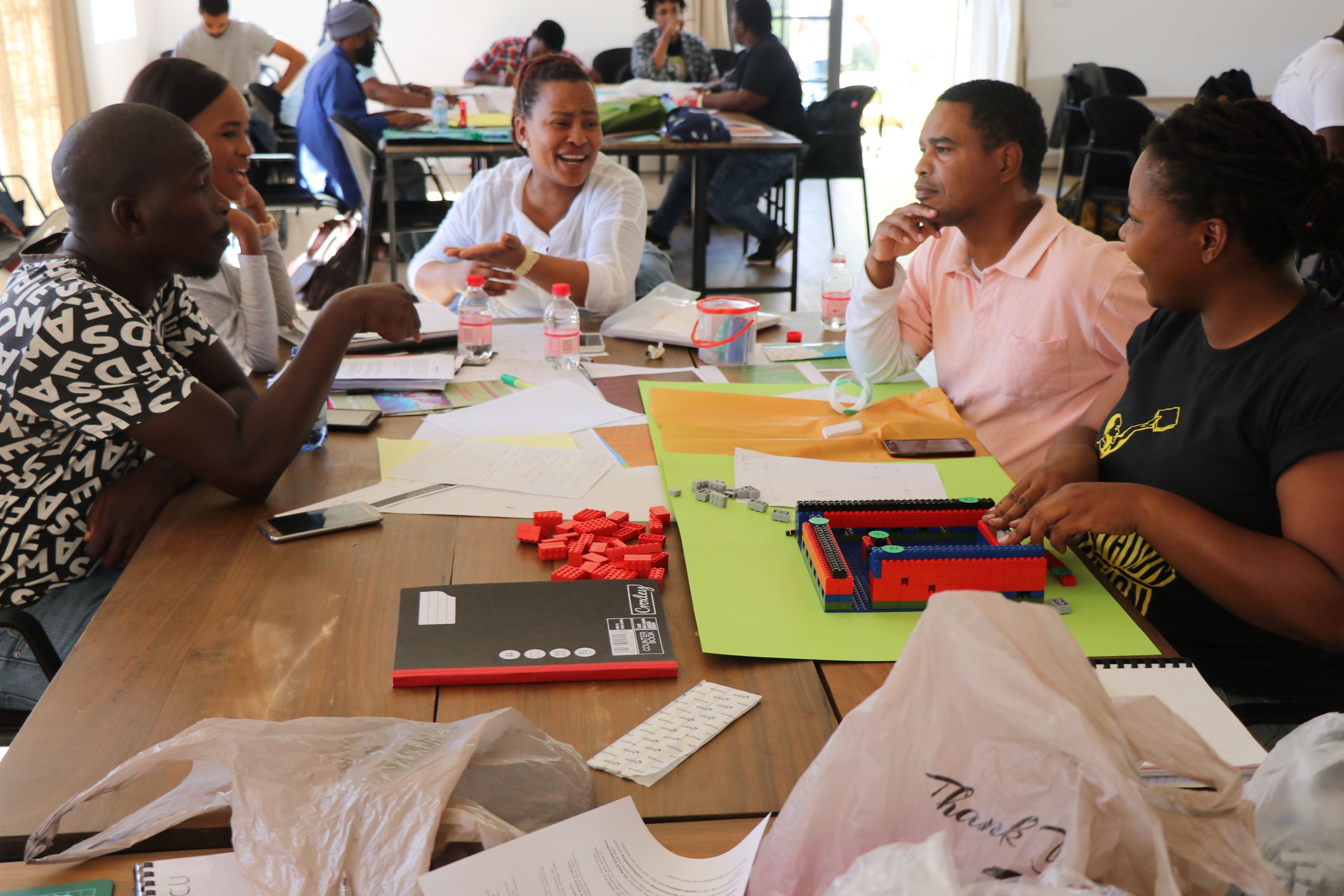
Applying
Pairing Activists and Investigative Journalists
We will give priority consideration to investigative journalists and activists that apply to the Challenge jointly. Joint Applicants must fill in individual applications, but make reference to their partner applicant, including where their work will overlap and how they will support one another’s projects.
Applicants unable to find a partner and who want to apply independently are still encouraged to do so.
Deliverables
This is a full-time fellowship. Bertha fellows will spend the majority of their time working in their home countries and be required to:
- Attend in-person global convenings that take place at the beginning and end of the Challenge
- Develop and deliver a culminating product that responds to the Bertha Challenge
- Participate in monthly virtual check-ins
- Participate in monthly webinars
- Develop local and global network relationships
Bertha Challenge Culminating Product
It is important to find creative and scalable ways to expose and build wider awareness and critical thinking. The centerpiece of this fellowship program is the work fellows will produce to communicate their Bertha Challenge findings to a specified audience.
These products should first and foremost serve an identified target audience. For activists this might be supporters within their network, for investigative journalists it might be readers of their newspaper. We encourage applicants, apart from identifying the work they intend doing, to be specific about the audience they intend on reaching, and how they intend on doing so.
We want fellows to learn from each other's work. In addition to delivering the final product to the target audience throughout the fellowship year, all final products must be presented at the Bertha Challenge closing convening. Products presented must be open source and in English. If translation is needed, this cost must be included in fellow’s project budgets.
Guidelines on how project budgets can be spent are included in the MoU. Click here to view.
Application Requirements
All applicants must submit:
- Completed online application form
- A brief resume/CV of no more than three pages
- A list of 2-4 referees including name, relationship to applicant and contact details
- A signed Memorandum of Understanding (MoU) from your prospective host organization - including commensurate salary and any benefits provided.
Host Organizations
Fellowship applicants are required to secure a host organization in their home country to receive and administer the fellowship award and project funds. Host organizations must be legally structured to receive grant funding and be able to process payroll. Host organizations must share a commitment to Bertha Challenge objectives and conditions.
For an investigative journalist the host organization should be a media outlet. For an activist the host organization should be an NGO, community organization or social movement.
The Bertha Fellow’s salary must not exceed USD $60,000 and must be commensurate with the current or equivalent salary of the applicant at the host organization. This is to avoid creating disparity at the host organization. The host organization will be expected to make arrangements regarding tax, healthcare and other benefits, the cost of which will be allocated from within the fellowship award. Bertha will make a contribution of 15% of the fellowship award to the host organization to cover administrative costs. A table is provided within the MoU to assist applicants in calculating the fellowship award.
Bertha Foundation will not interfere with the editorial autonomy of the host organization during the course of the Bertha Challenge.
Time Commitment
While we understand that applicants will have some existing obligations to the movements and organizations with which they work, this fellowship will require a full-time commitment. Both the applicant and host organization must commit to this in writing.
Important Considerations
All strategies must be non-violent. Funding may not be used for political lobbying activities. The program does not fund enrolment for degree or non-degree study at academic institutions, including dissertation research. This must be your only fellowship or source of income for the duration of the term.
Selection Criteria
Bertha endeavours to select an inclusive and representative cohort of Bertha Fellows that celebrates diversity.
Bertha Fellows will be selected on individual merit but also on their complementary skills to the cohort, their existing and/or proposed networks and prospects for long-term impact of their work.
Applicants may come from and work in any country, but to ensure that this cohort of Bertha Fellows is able to be fully participatory, we require all applicants to be proficient in spoken and written English.
Activist Criteria
- At least five years' experience working with activists, social movements, grassroots and community organizations, social justice organizations or campaigns.
- Strong connections to a diverse range of groups working in support of climate and ecological justice in the fellow’s city, country or region including with social movements, community organizations, NGOs, academics, journalists, progressive government officials etc.
- Experience in developing organizing tools or popular educational products and materials including training courses, publications, pamphlets, films, podcasts, arts, theater productions, etc.
- Experience in using research, media and the law in advocacy.
- Affiliation to an appropriate host organization to amplify work produced during the Bertha Challenge.
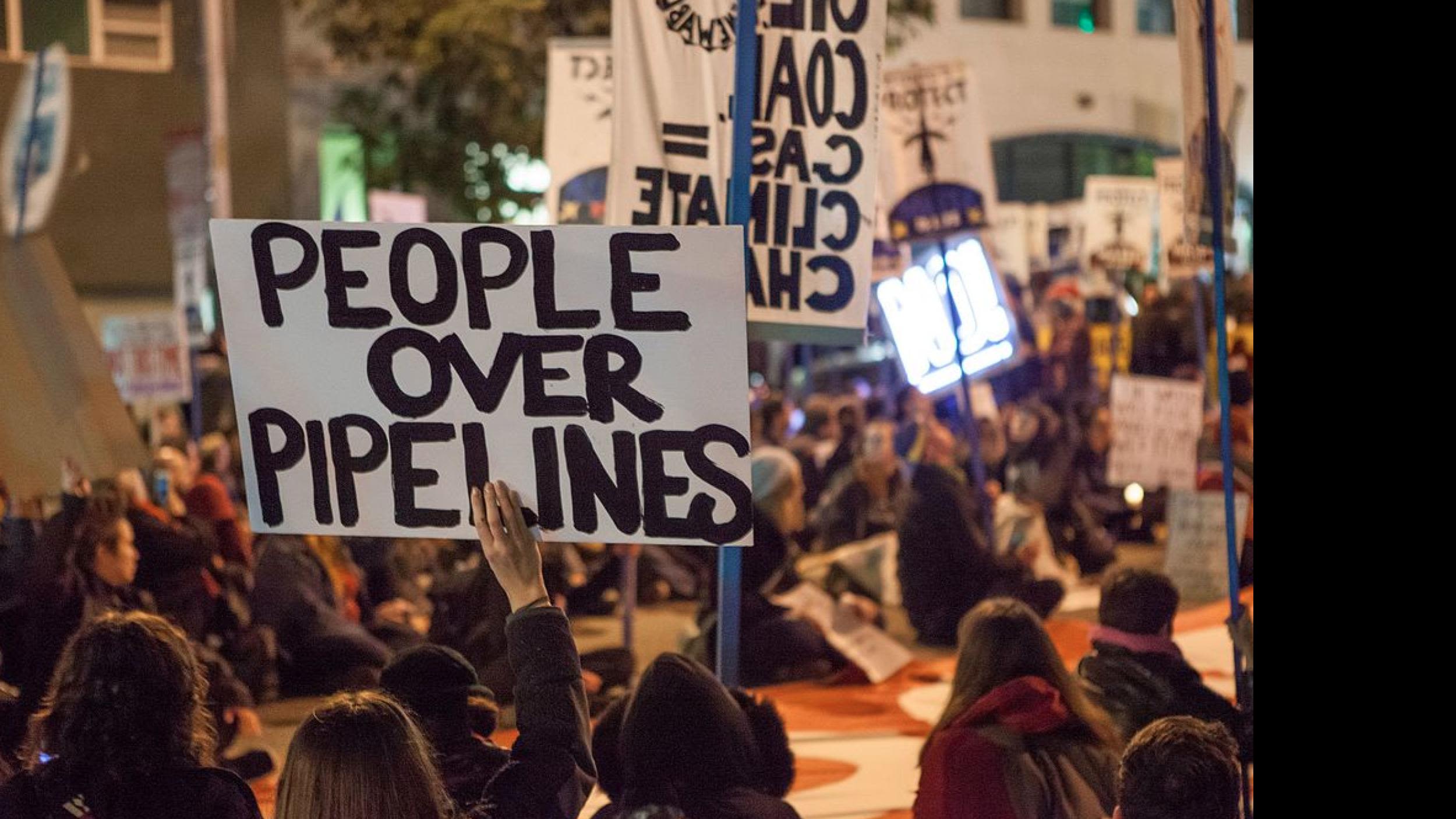
Investigative Journalist Criteria
- Mid-career journalists with at least five years' experience and a track record and passion for doing investigative journalism.
- Strong connections to a diverse range of people or groups working in the field of ecological breakdown and climate crisis including social movements, community organizations, NGO’s, academics, scientists etc.
- Research ability, comprehensive understanding of the political landscape concerning the subject matter, understanding of the law(s) and political structures determining policy direction and power and the ability to work independently.
- Affiliation to an appropriate host media organization that could publish/broadcast work produced during the Bertha Challenge.
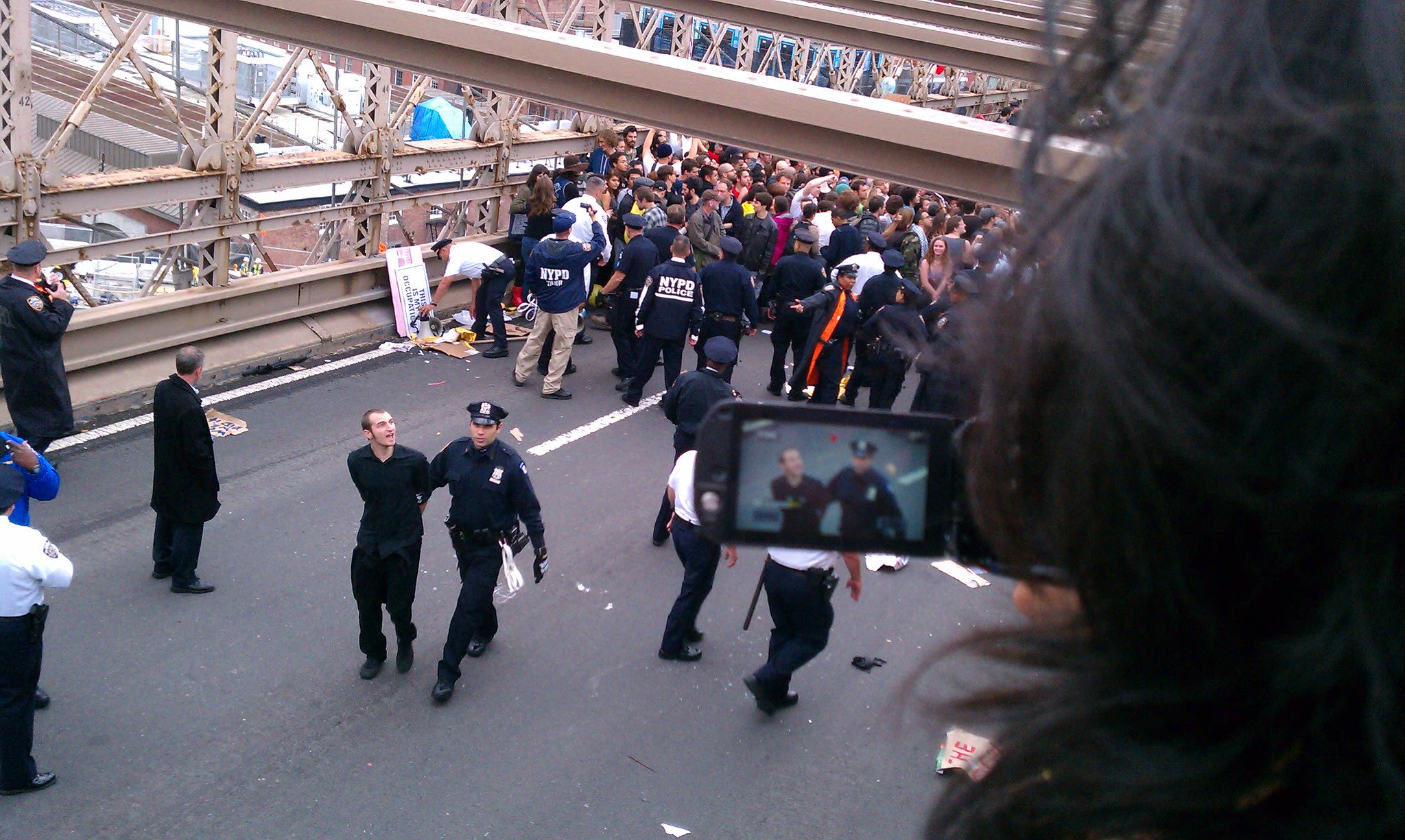
Activists
APPLY HERE
Investigative Journalists
APPLY HERE
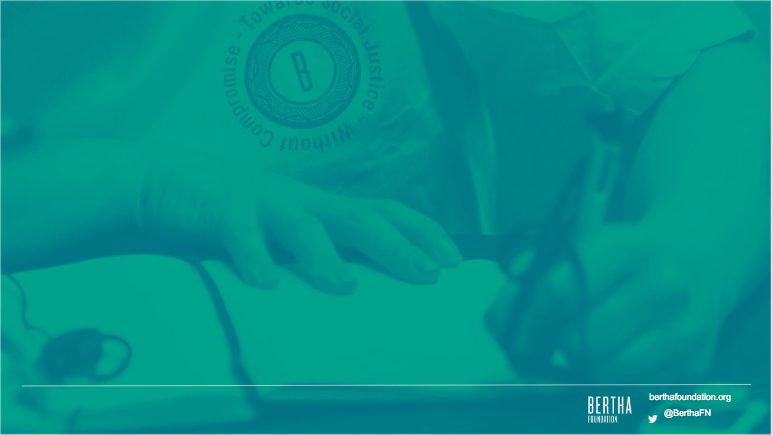
About Bertha Foundation
Bertha Foundation supports activists, storytellers and lawyers who work to bring about social and economic justice and human rights for all.
This program focuses on combining activists and storytellers working together. In addition, successful applicants will be connected to Bertha’s international network of highly skilled lawyers, particularly those engaged in legal strategies focused on climate justice.
The Bertha Challenge creates opportunities for activists and investigative journalists to amplify and accelerate their work in support of climate justice. Fellows are integral to the Bertha network and the sixteen selected activists and investigative journalists will act as bridges across regions to strengthen and embolden this important work.
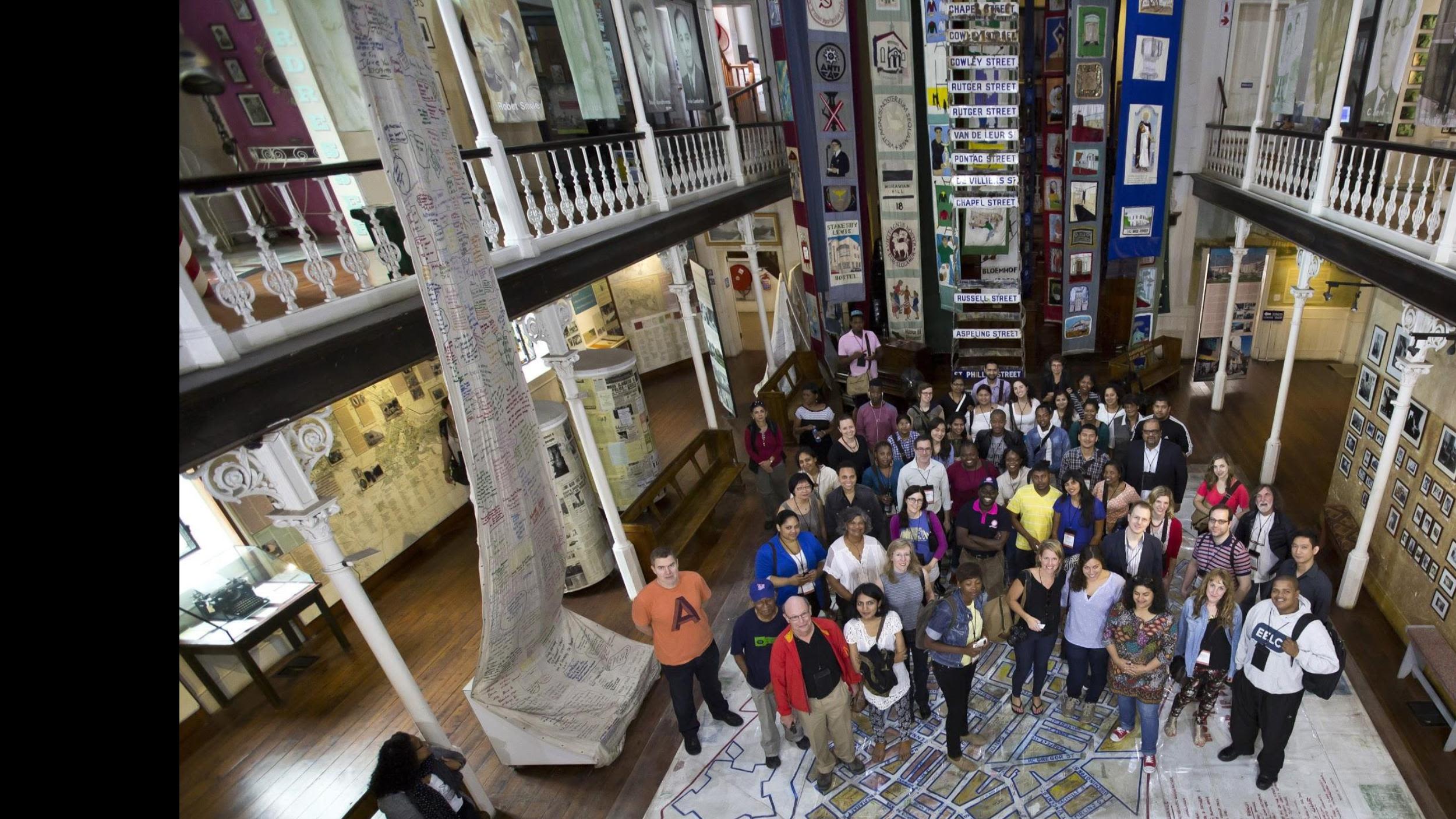
Contact Us
Email berthachallenge@berthafoundation.org with any queries
www.berthafoundation.org

Image Credits
Opening Video - Tim Wege for desert shots (cc)
Tom Fisk for wind turbines (cc)
Ruvim Miksanskiy for waves (cc)
Bedrijfsfilmspecialist.nl for solar panels (cc)
Why Activists & Investigative Journalists? image - Courtesy of LifeMosaic
Smoke Stacks Video - Credit: Schroptschop
Why We're Choosing to Focus on Climate Crisis image - Markus Spiske
What We Offer image - Courtesy of the Tshisimani Centre for Activist Education
Activist Criteria image - Pax Ahimsa Gethen (Wikimedia) CC License
Journalist Criteria image - Nick Golotto (Flickr) CC License



 Built with Shorthand
Built with Shorthand